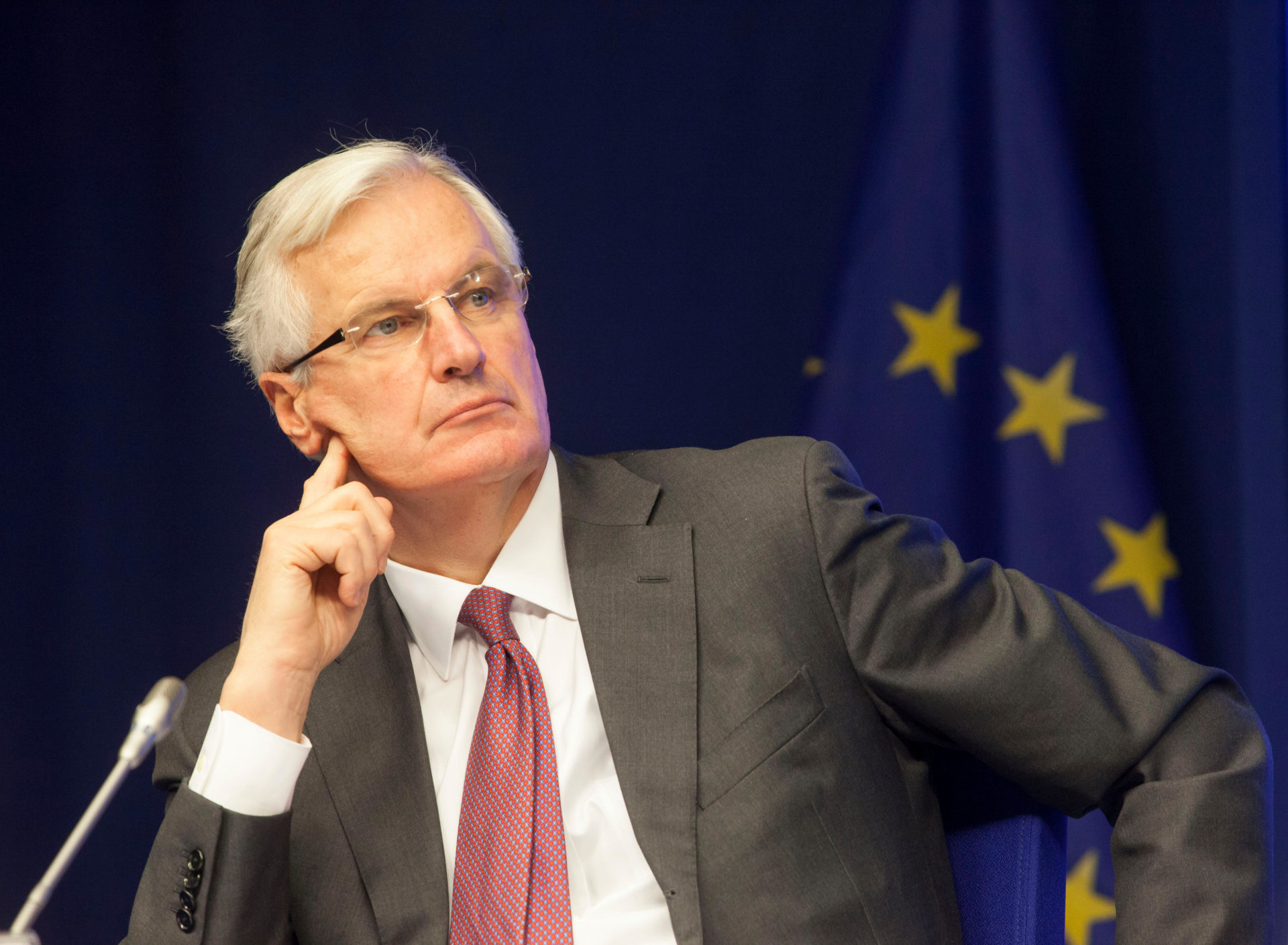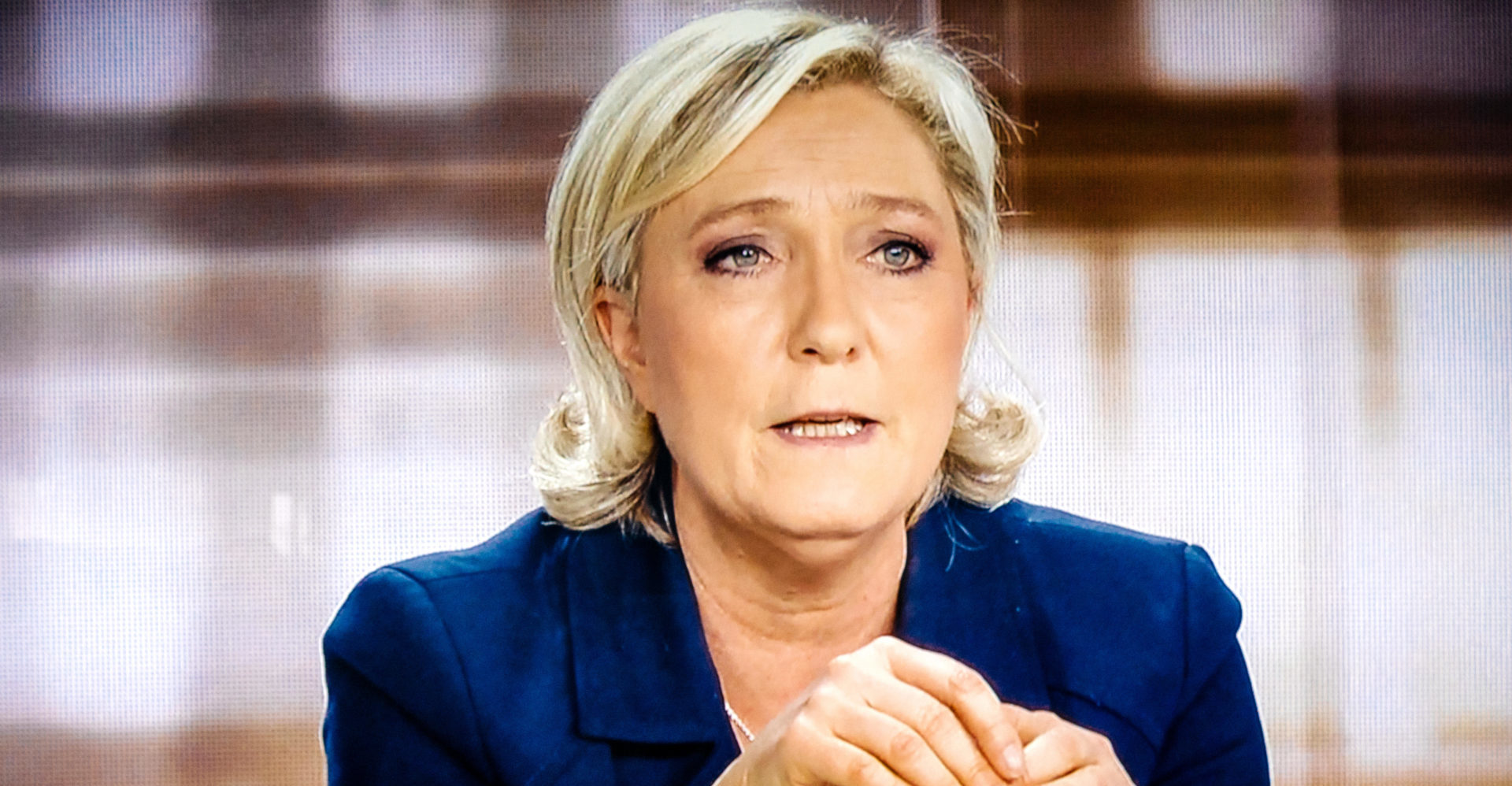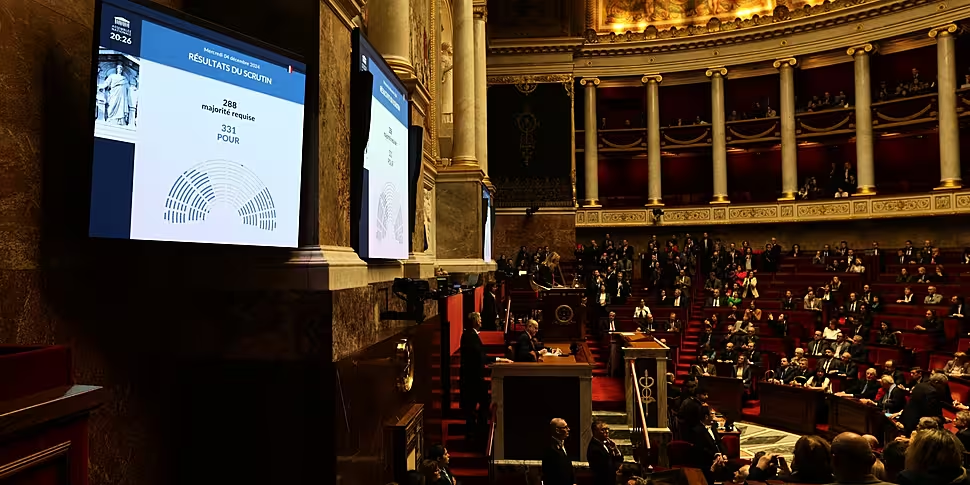The French government has been toppled by a no-confidence vote, triggered by an austerity budget.
The outcome marks the first time a French government has lost a confidence vote since 1962.
Far-right and left-wing legislators joined forces last night in a move to oust Prime Minister Michel Barnier.
 Michel Barnier. Image: Bernal Revert/Alamy Live News
Michel Barnier. Image: Bernal Revert/Alamy Live NewsThe vote followed Mr Barnier’s decision to use special powers to force a social security budget through the lower house of parliament without a final vote.
The National Assembly approved the motion of no-confidence by 331 votes – with a minimum of 288 needed.
Mr Barnier is expected to tender his resignation and that of his government to President Emmanuel Macron.
He will become the shortest-serving prime minister in France's modern Republic.
'Taxes, taxes, taxes'
Speaking through an interpreter, the Leader of the National Rally - Marine Le Pen - said the contentious budget was not what the public voted for.
“Stop public expenditures that the public is not in favour of,” she said.
“We are going to take this all the way because the only response we've had is just taxes, taxes, taxes, on €40 billion in tax increases.”
 MAY 3, 2017: Marine Le Pen - candidates in the French presidential election at the France 2 television debate with Emmanuel Macron
MAY 3, 2017: Marine Le Pen - candidates in the French presidential election at the France 2 television debate with Emmanuel MacronMs Le Pen’s party gained 89 seats in parliament during the country’s general elections this summer.
A broad left-wing alliance – the New Popular Front (NFP) took the most government seats in the elections, at 180.
However, French president Emmanual Macron refused to name a prime minister from the NFP coalition, due to concerns this would spark outrage among the right-wing sector of the parliament.
Instead, he chose Mr Barnier of the liberal conservative Republican party, despite them having just 61 seats.
'Make believe politics'
Mr Macron, on his way back from a presidential visit to Saudi Arabia following the no-confidence vote, said discussions about him potentially resigning were "make-believe politics", according to French media reports.
He is due to address the people of France on Thursday evening.
The outcome means he will need to appoint a new prime minister for the second time this year.
The escalating political crisis in France has threatened to send the eurozone's second-biggest economy into uncertain territory.
It comes at a time of tension in Europe, with the imminent return of Donald Trump to the White House and the war in Ukraine continuing to drag on.









